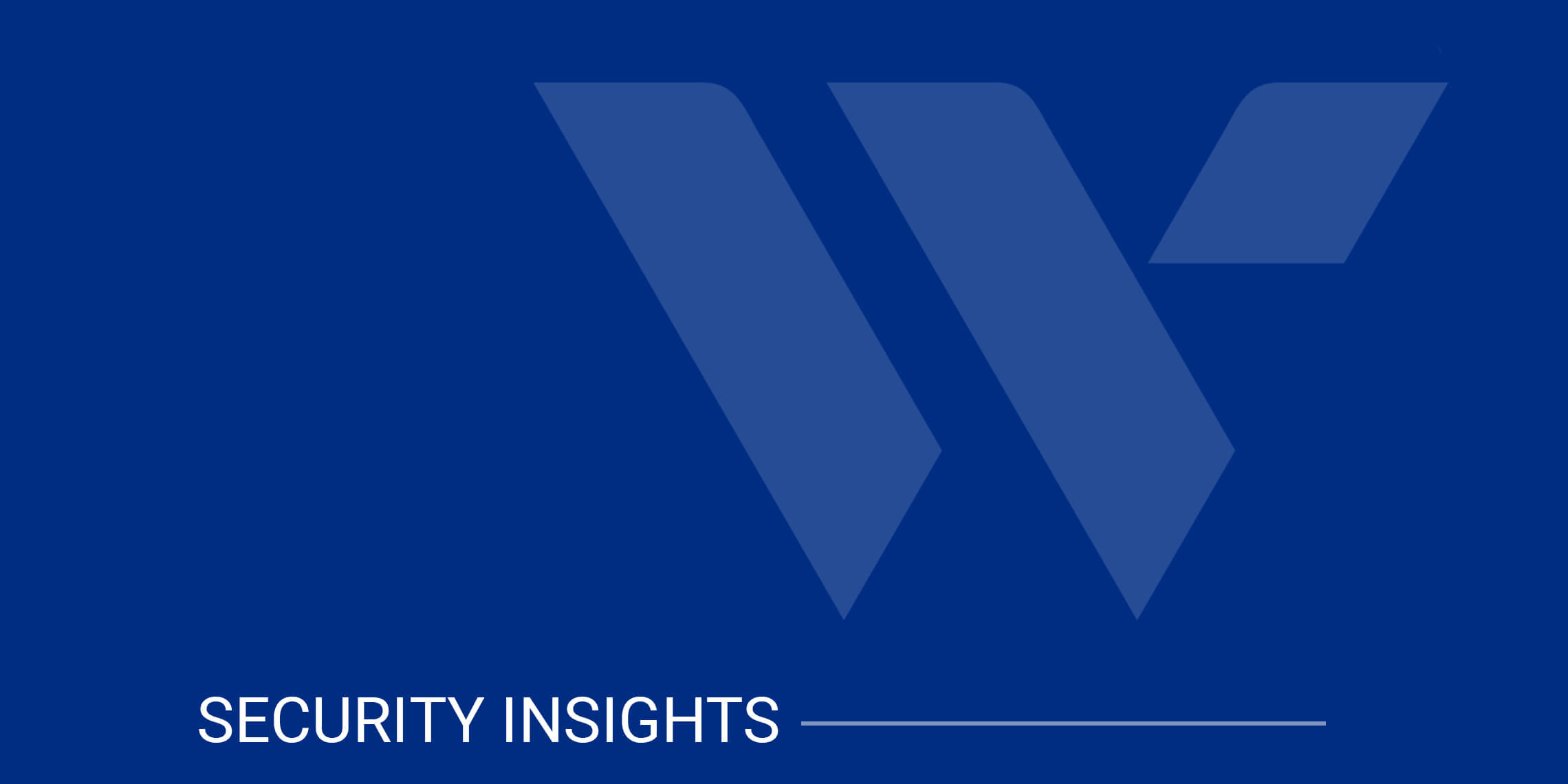Download our e-Treasury Secure Browser
Download the Sterling e-Treasury Token Client

Published on September 30, 2024 | Webster Bank
October marks National Cybersecurity Awareness Month, a time dedicated to highlighting the significance of cybersecurity, sharing best practices, and promoting ways to minimize online risks.
At Webster, our commitment to bolstering our team’s cybersecurity knowledge remains strong, as does our dedication to enforcing stringent online security measures to safeguard our clients’ personal information. We also prioritize educating our clients about common cyber threats they may encounter as consumers. Here are some straightforward steps you can take to protect yourself:
Each time you create a new account, download an app, or get a new device, take the time to review your settings to ensure they’re configured to your liking. Multi-factor authentication (MFA) relies on more than one step to log in—for example, using biometrics such as face or fingerprint identification or receiving a one-time code by text—to confirm your identity in addition to using your password to access your account. Even if your password becomes compromised, unauthorized users will be unable to meet the second step requirement you setup.
While this tip may seem obvious, this is still one of the most common ways hackers gain access to your financial accounts. Keep passwords long, unique, and out of your notepad. Instead, the simplest, most secure way to manage your passwords is through a password manager application.
Be sure to incorporate a mix of upper- and lower-case letters, numbers, and symbols to create a strong password. Avoid using commonly available information like your birthdate, address or other words and numbers that a hacker can guess or find out by doing an online search. For more on password security best practices, click here.
Keeping your software up to date is essential for ensuring you have the latest security patches and updates on your devices, reducing the risk of ransomware and malware infections. Regularly check for updates if automatic updates aren’t available, and protect your valuable work by backing it up securely.
Recognizing the difference between real and fake online communications is crucial for your safety. Be wary of unsolicited messages, emails, and QR codes requesting personal information, registration details, or payment methods. Avoid sharing sensitive information with unknown sources, and when possible, report phishing attempts and delete suspicious messages.
If you receive an email pretending to be from Webster Bank, do not hesitate to forward it to [email protected] or call us at 800-325-2424.
Information spreads quickly online, and without careful consideration, you may find yourself in situations with lasting consequences. The key? Learn what to share with both familiar and unfamiliar people, and be aware of the secure networks you use for sharing.
Many of us pay bills and shop online. Before providing your banking information to a company online, it’s important to do your research on the company and website first. Look to see that you’re accessing a secure site by checking for the lock symbol and “https” in front of the URL. Also be sure to research the protections the company offers in case of a data breach.
Popular digital payments like Zelle®, Venmo, CashApp, and PayPal have become increasingly popular. While these digital payments come in handy for splitting the cost of the bill at a restaurant or paying back a friend, users can also be taken advantage of by scammers. Ensure you’re using these digital payments safely by exchanging money only with people you know and have met in person. These digital payments are designed for sending and receiving money only with people you trust. Learn ways to protect yourself when using peer-to-peer payments.
You know your spending habits better than anyone, so it’s important that you check your transactions on a daily or weekly basis to ensure there are no unauthorized charges on your account.
Online banking makes it a lot easier to monitor your accounts regularly. To keep up with your account activity, you can log on to our website or download our Mobile Banking app. If you do see a fraudulent charge on your account, you can call us at 800-325-2424 or learn ways to protect yourself.
Zelle® and the Zelle®–related marks are wholly owned by Early Warning Services, LLC, and are used herein under license.
PayPal® and Venmo® is a trademark of PayPal, Inc., registered in the United States and other countries.
Cash App™ is a trademark of Square, Inc.